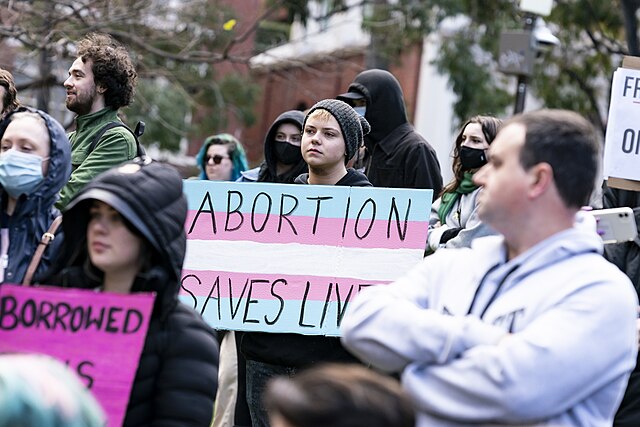On Nov. 18, 2019, signatories — including students, professors and administrators — from over 50 U.S. academic institutions issued a statement urging Carrie Lam, Hong Kong’s Chief Executive, to cease the siege of two of Hong Kong’s universities, and petitioning the current United States congress and presidential administration to take action against the government of Hong Kong until the situation is resolved. The University of Maryland, Baltimore County’s Evan Hansen was one of those signatories.
“I have a lot of friends and family in Hong Kong,” he said wearing a shirt with the protesters’ slogan, “Five Demands, Not One Less,” written in Chinese (which Hansen translated for The Retriever). “That’s the reason I’ve been following what’s going on.”
Hansen has been learning Cantonese (a variety of Chinese that is spoken by nearly 68 million people, and is the predominant language of Hong Kong) for more than a year now, and studies Mandarin (the variety of Chinese endorsed and standardized by the state, spoken by nearly 70% of the population of China) at UMBC.
According to Hansen, the Hong Kong police force cannot legally infiltrate the campuses, but have done so under the pretense of detaining protesters who had committed crimes in the course of the conflict. “The purpose of the statement was to show solidarity between people in the academic world, and show their support,” Hansen explained. “After all, they’re universities which are being besieged … I’ve contacted several political clubs [to see if they could weigh in on the situation], like the College Democrats and Republicans, but so far it’s been mostly unfruitful,” he said.
Hansen is involved with a closed group of pro-Hong Kong activists in the United States connected to the drafting of the statement, which includes Columbia University’s “Liberty4HongKong” and UC Davis’s “Davis4HK.” The joint statement was even picked up by a local Hong Kong radio personality, Xiaotao Pan, who shouted-out the statement on his Facebook page. Although Hansen’s attitude toward the statement’s effects are measured, he said that, “it’s about creating awareness, applying pressure to public figures, legislators, and most importantly, show the world the support that already exists.”
The statement was published ten days before Congress passed the Human Rights and Democracy Act, which allows the US to reconsider its special economic privileges granted to Hong Kong if it finds, via annual review, that China has broken international laws that guarantee Hong Kong’s autonomy. The passage of the bill was sharply criticized by the Chinese government, but was welcomed by pro-democracy protestors, including Joshua Wong, who was nominated by US lawmakers for the Nobel Peace Prize in 2018.
Furthermore, Hansen emphasized the importance of freedom of speech and popular sovereignty. “If the Hong Kongers can do these things facing persecution, I don’t see why I can’t be passionate also,” he said. “I think it’s important that I have the right to [freedom of expression], because I can use it to support the things I care about, which to other people is oftentimes only a privilege.”
“You should be passionate about others having their voices heard,” he said.



